The views expressed in our content reflect individual perspectives and do not represent the authoritative views of the Baha'i Faith.
A few days ago I attended the Iranian American Women Foundation’s 15th Women’s Leadership Conference in London, in association with Persia Educational Foundation.
This world-class event attracted over 400 participants from across America and Europe. In the midst of that crowd, I was so profoundly proud of the diverse array of engaging speakers, empowering stories of overcoming struggles, and how this platform expands professional and personal networks and creates an opportunity for collaboration among some of the world’s most accomplished women in a range of important fields.
Iranian women’s struggles date back hundreds of years. Those strong women have paved a long and tortuous path in the struggle against several dictatorial regimes who denied and still deny women’s rights. What our generation knows of the centuries of struggle of the women of Iran is only a small part of their heroism and bravery, and a meager portion of their suffering and torment.
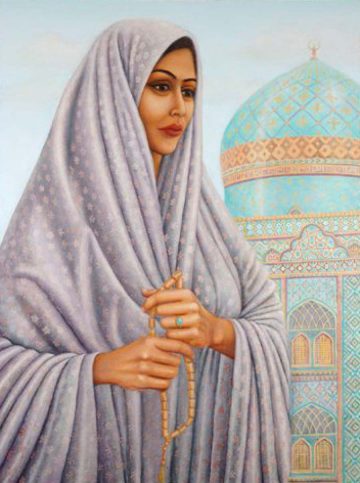
Tahirih
The poet and writer Tahirih—the first-ever Iranian feminist—is most remembered as the woman who appeared without her veil before an assemblage of men in Persia in 1848. Tahirih broke away from the time honored twelve-hundred-year-old tradition of Islam, and was ultimately killed for her courage and heroism.
As I sat in the audience at the conference in London, I had an electrifying reminder of the force of Tahirih and what she ignited back in 1848.
Tahirih showed us all, both women and men, that our real strength lies not in our gender but in the excellence of our character, selfless service to others, independent investigation of the truth and the untiring promotion of universal peace.
Tahirih was publicly pilloried, stoned, imprisoned, and physically attacked, but never once did she falter. Her life tragically cut short at the age of thirty-six, she was strangled to death for her beliefs. Today her immortal last words ring through the ages: “You can kill me as soon as you like, but you cannot stop the emancipation of women.”
She led the way, so it’s no accident that today Iranian female entrepreneurs and business leaders are smashing gender stereotypes. Fully 70% of Iran’s engineering and science graduates are women. Today Iranian women—many of them Baha’is who escaped religious persecution—are contributing to the world’s progress in every corner of the globe.
On October 22, 2017, in some 100,000 localities worldwide, Baha’is will celebrate the bicentennial of the birth of Baha’u’llah, the founder of the Baha’i Faith. The Baha’i teachings say:
Woman must be given the privilege of equal education with man and full right to his prerogatives. That is to say, there must be no difference in the education of male and female in order that womankind may develop equal capacity and importance with man in the social and economic equation. Then the world will attain unity and harmony. In past ages humanity has been defective and inefficient because it has been incomplete. War and its ravages have blighted the world; the education of woman will be a mighty step toward its abolition and ending, for she will use her whole influence against war. Woman rears the child and educates the youth to maturity. She will refuse to give her sons for sacrifice upon the field of battle. In truth, she will be the greatest factor in establishing universal peace and international arbitration. Assuredly, woman will abolish warfare among mankind. – Abdu’l-Baha, The Promulgation of Universal Peace, p. 108.
One of the fundamental teachings of the Baha’i Faith—that men and women are equal—sets a spiritual and moral standard essential for the unification of the planet and the unfoldment of peace:
The world of humanity has two wings—one is women and the other men. Not until both wings are equally developed can the bird fly. Should one wing remain weak, flight is impossible. – Abdu’l-Baha, Selections from the Writings of Abdu’l-Baha, p. 302.
And let it be known once more that until woman and man recognize and realize equality, social and political progress here or anywhere will not be possible. For the world of humanity consists of two parts or members: one is woman; the other is man. Until these two members are equal in strength, the oneness of humanity cannot be established, and the happiness and felicity of mankind will not be a reality. – Abdu’l-Baha, The Promulgation of Universal Peace, p. 77.
I fly back home to San Francisco with even greater hope for the emancipation of women—and even more excitement about working with like-minded leaders and organizations to make feminism universal.
The freedom of women is the greatest revolution, not just of our own day, but of all time, since it breaks fetters which are as old as the world. – Louise Dittmar, 1848
You May Also Like
Comments



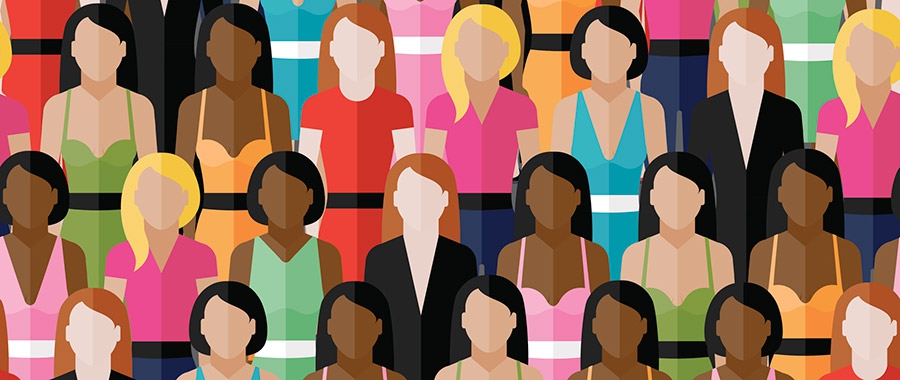
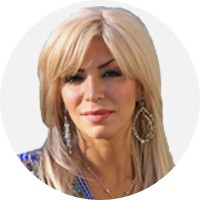
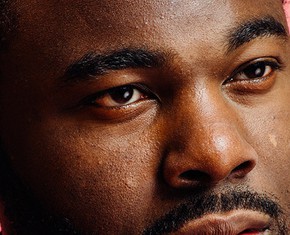
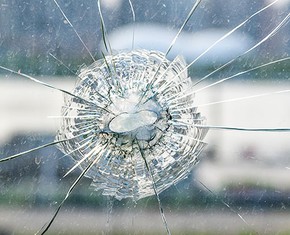










Please keep feminism out of Baha'i discussions. Because of their sexist values, they have no place here.
Careful, there, you're comparing IRANIAN women with WESTERN gender stereotypes. Women not entering STEM fields is a Western thing, it doesn't exactly smash any stereotype at all for an Eastern woman to enter STEM, which is extremely common.
Many women see the term feminism to be about women trying to be like men, instead of finding a path of femininity.
https://www.bustle.com/articles/170721-7-things-the-word-feminist-does-not-mean)
This article focuses on equality of the sexes, not superiority of any one over the other. In the world of the spirit, there is no difference between us!